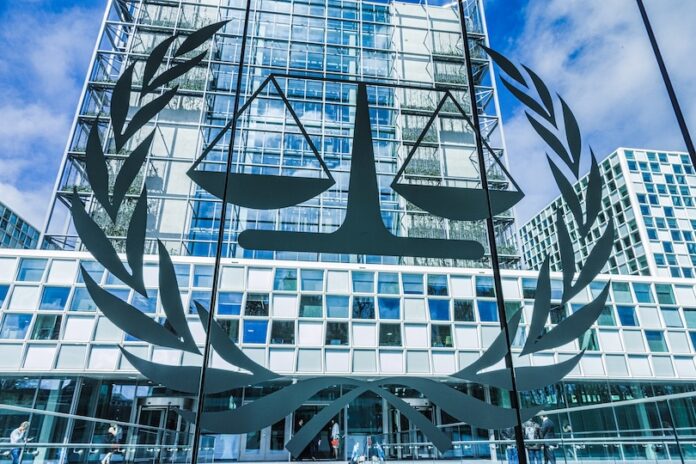The International Criminal Court (ICC) is currently facing challenges. The field of international criminal justice has been described as being in a ‘perpetual crisis’ due to one crisis leading to the next. Despite a brief revitalization after the swift response to Russia’s 2022 invasion of Ukraine, recent events surrounding the Court’s investigation of the Palestine situation have further politicized the Court’s work and faced pushback from states like Israel and the US.
Additionally, the liberal international order is also encountering challenges, with dictatorships advancing and a significant portion of the world’s population living under them. This shift back to 1989 levels of democracy raises questions about the future of international criminal justice. The ICC heavily relies on state cooperation to function effectively, and the uneven and volatile state cooperation presents a central question about whether non-state actors can help bridge the gaps resulting from the lack of support and cooperation from states.
Civil society has played a significant role in engaging with the ICC since its establishment in 2002. International human rights NGOs have been actively involved in various aspects of the Court’s functioning, from documenting crimes to advocating for the ICC’s mandate. The involvement of NGOs and civil society actors in international criminal Justice is evolving, with new types of organizations emerging in accountability efforts for international crimes in conflict zones like Syria and Ukraine.
In Syria, civil society actors are taking the lead in collecting and documenting information to pursue accountability for international crimes committed in the country. Similarly, in Ukraine, domestic and international NGOs are documenting war crimes committed during the Russian invasion. These efforts are facilitated by digital technologies and crowd-sourced investigations but also raise accountability issues regarding the privatization of international criminal justice.
The evolving landscape of civil society engagement with the ICC reflects broader trends in international criminal justice. The ICC’s role as the pinnacle of international criminal accountability is being challenged by the emergence of ad hoc accountability institutions and an increasing focus on universal jurisdiction for prosecuting international crimes.
Overall, the diversification of civil society actors in international criminal justice may lead to more effective investigations and prosecutions. However, questions remain about the future of the ICC and its role in the ever-changing ecosystem of international criminal justice.




